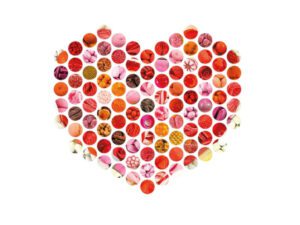It would appear that the Republic of Ireland are now among the biggest chocoholics across the world, as in 2017, the typical Irish citizen ate 17lbs of chocolate on average – which is the equivalent of 155 Mars bars.
These figures, which have been compiled by global analysts Euromonitor International, mean that Ireland are now third in an International table of chocolate eaters, and despite an obesity crisis in Ireland, the figures dictate that consumption has increased for a third year in a row.
In Ireland, one in four children are deemed overweight or obese, while it also determined that four out of five kids don’t meet the physical activity guidelines set in place.
Health and food hygiene agency Safefood have calculated that a fifth of a the calorie intake from a child’s diet comes from cake, chocolate, confectionery and sugary drinks.
It’s perhaps unsurprising given their affection for chocolate, but the Euromonitor figures showed that Switzerland is top of the tree, with a consumption rate of 19lbs per person. Austria then follow in second, with Germany fourth and the UK in fifth.
In addition to their chocolate love, Ireland is also one of the biggest consumers on a global scale when it comes to sugar confectionery, with the country being ranked seventh in regards to consumption of sugary sweets.
Commenting on Ireland in particular, Euromonitor highlighted that their chocolate consumption kept growing, with consumers being attracted to pure indulgence.
“Although Ireland is in the midst of an obesity epidemic, chocolate confectionery consumption continued to grow,” Euromonitor stated.
“Consumers continued to be attracted by indulgence, which manufacturers sought to capitalise on in marketing material. For example, a common phenomenon with consumers interested in health and wellness is to have so-called ‘cheat days’ when they indulge in unhealthy snacks.”
Currently in Ireland, two out of three adults are deemed overweight or obese, which costs the state €1.1bn each year.









